Back to Courses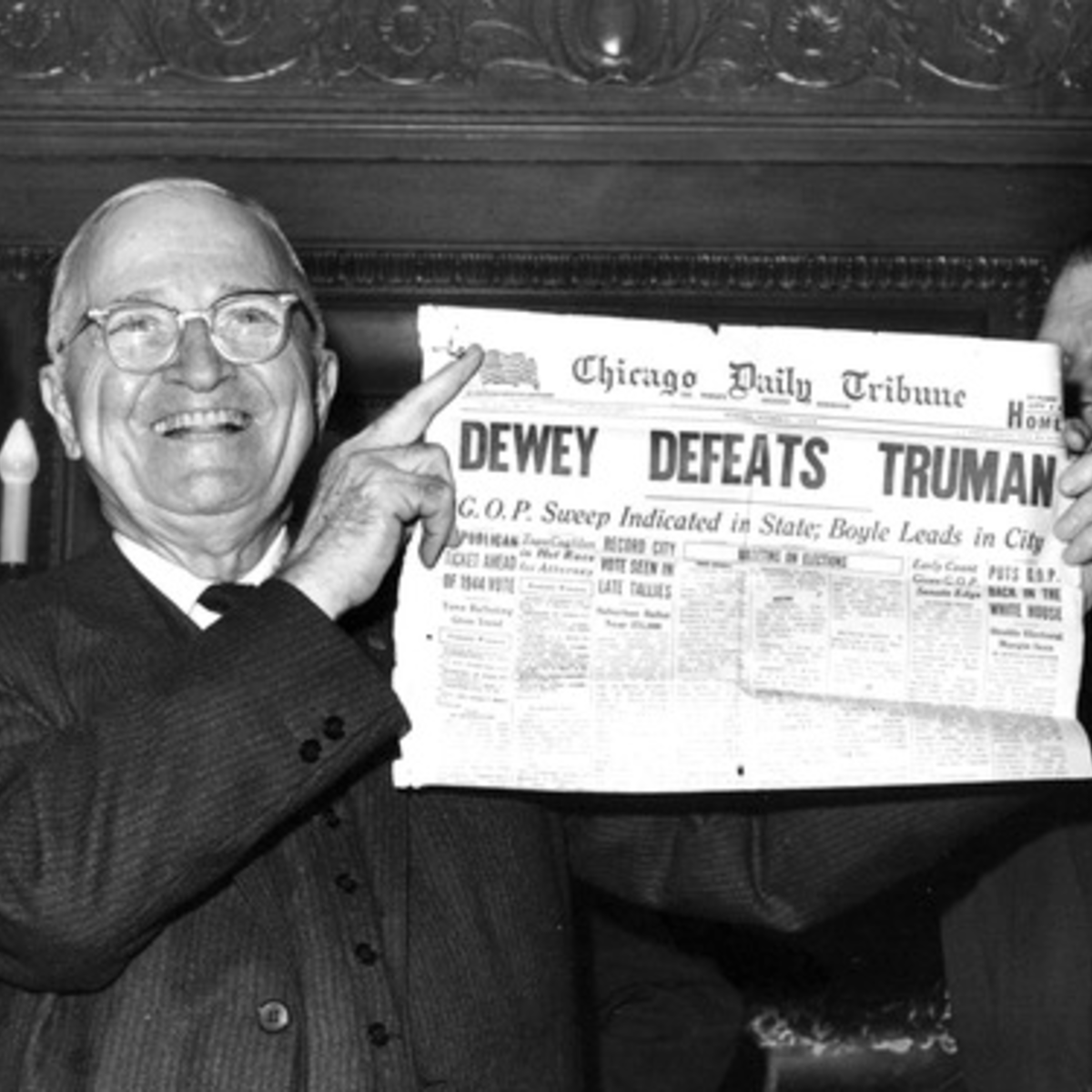

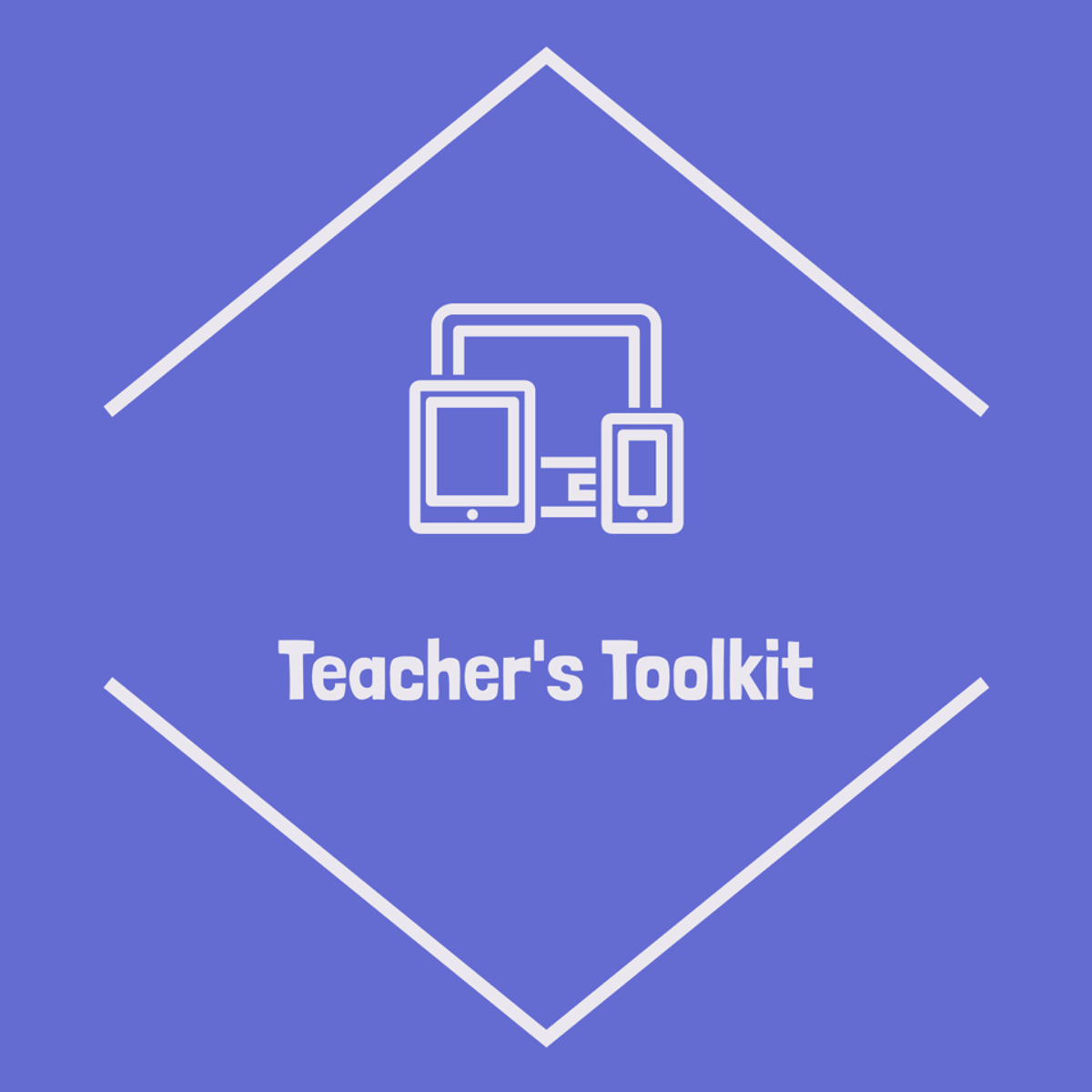
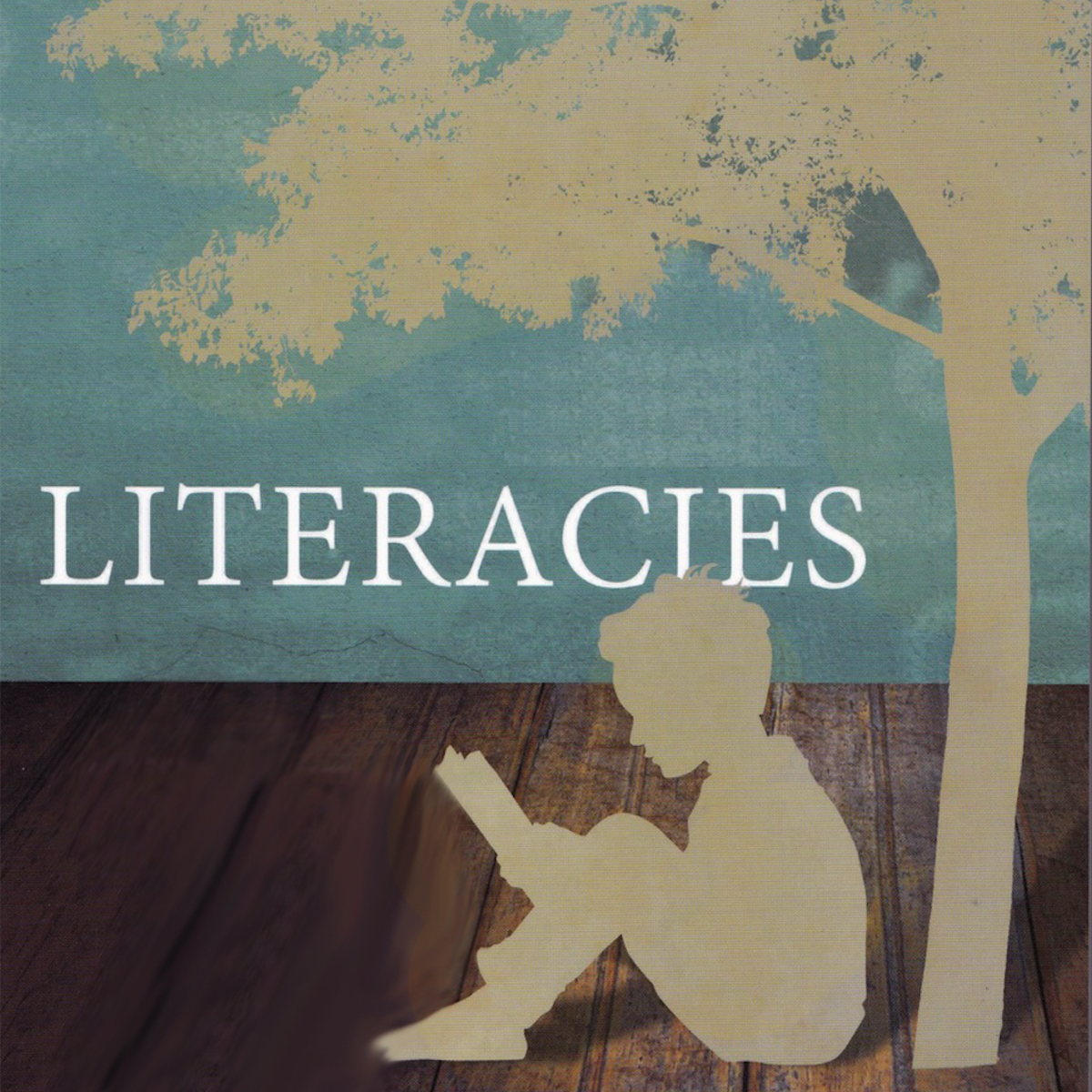
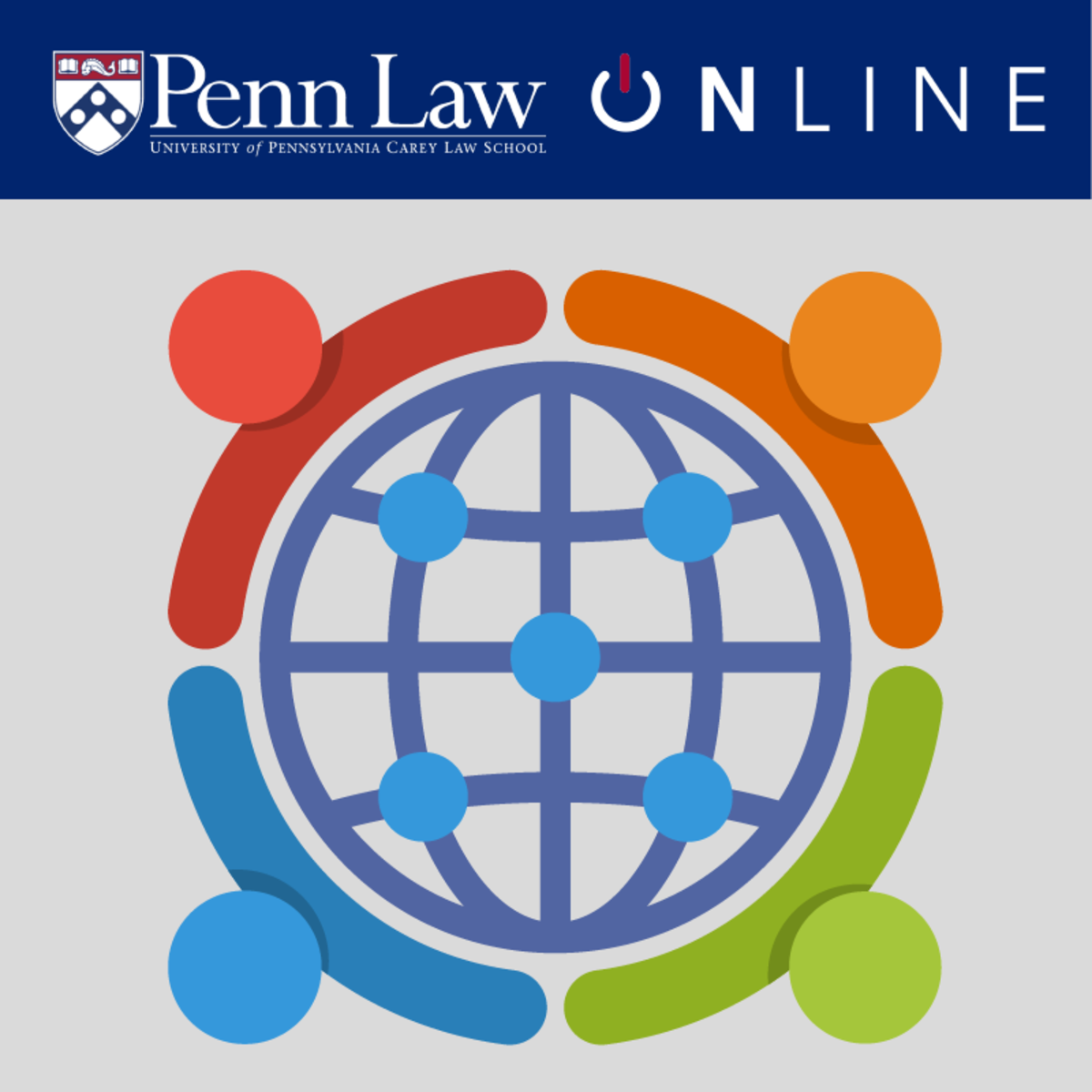
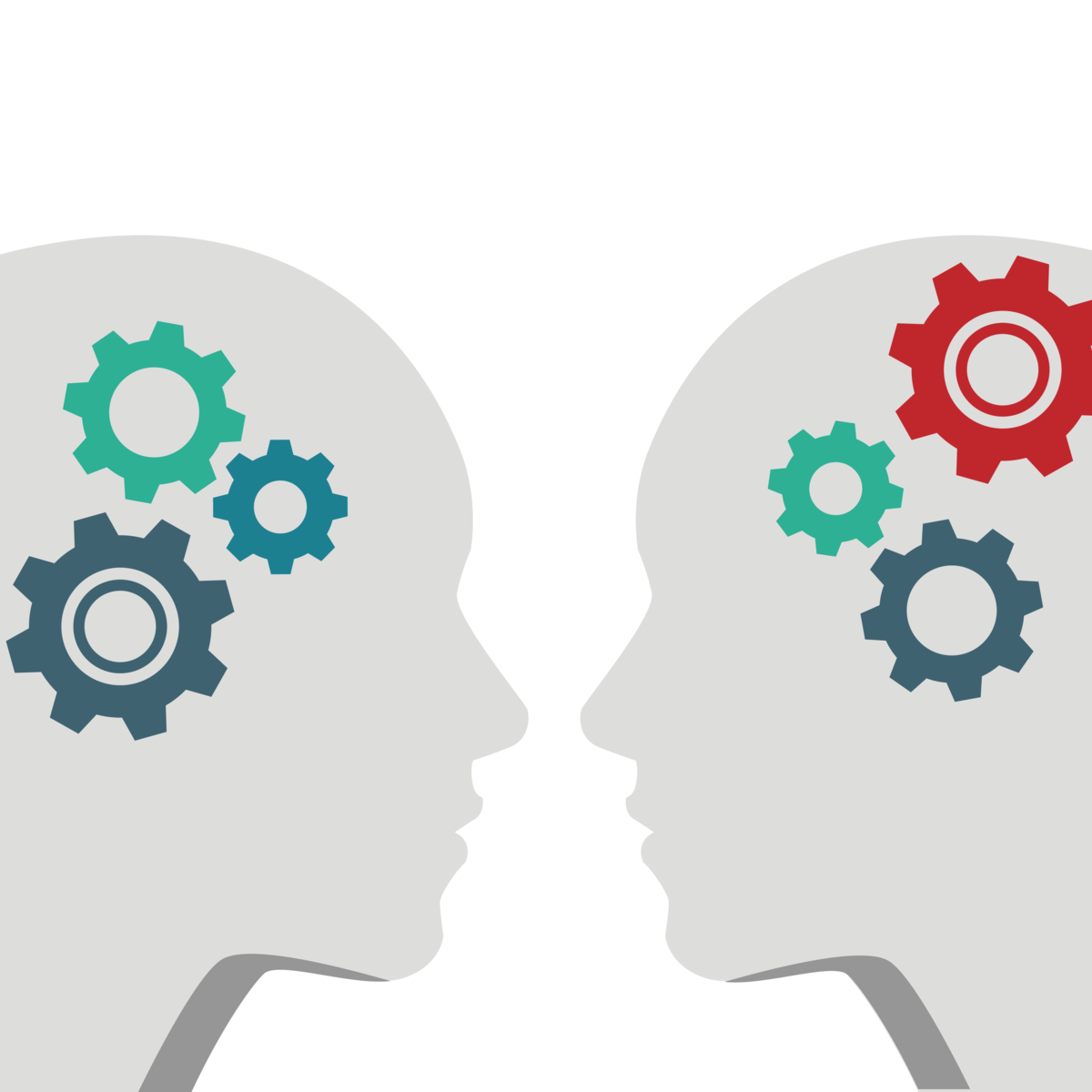




Social Sciences Courses - Page 30
Showing results 291-300 of 672

The Making of the US President: A Short History in Five Elections
As Donald Trump takes office as the forty-fifth president of the United States, this course explores presidential elections in historical perspective, via five case studies. It tells the story of key campaigns in US history, and by doing so it investigates how politics changed over time—and how understanding the past sheds light on the current campaign. From the arrival of "dirty politics" to the impact of the "digital revolution," the course looks at the historical background to some of the key phenomena that shaped the controversy-laden campaign of 2016.
The five elections that we'll investigate are among the most significant in American political history. In 1800, Thomas Jefferson won the presidency in a contest that encouraged politicians to reform the electoral college, the system by which presidents are still chosen. The election of Abraham Lincoln in 1860 prompted the outbreak of the Civil War. It's an election that helps us to understand the development of political parties. In 1968, the Vietnam War was a dominant concern for Americans, and yet foreign policy played a secondary role in Richard Nixon's victory. Twelve years later, in 1980, Ronald Reagan won an election that initiated a new era of conservatism. Finally, we'll turn our attention to the election that took Trump's predecessor, Barack Obama, to the White House in 2008. Many saw the Obama's success not only as revealing the impact of the digital revolution on campaign politics, but also as signaling a turn to progressivism.
Image credits:
Course logo - "Former President Truman holds a copy of the famous Chicago Daily Tribune paper declaring 'Dewey Defeats Truman'" Harry S. Truman Library & Museum (https://www.trumanlibrary.org/photographs/view.php?id=38592).
Course banner - "US Flag Backlit" by Joshua Nathanson, CC BY-SA 3.0 (https://commons.wikimedia.org/wiki/File:US_Flag_Backlit.jpg).

Qualitative Data Analysis with MAXQDA Software
This course will introduce you to MAXQDA software for easier data analysis during the qualitative research process. You'll explore how to do memos, variables, segmentation, coding, and data reduction techniques all in this course!

Using Google Forms for Student Success
By the end of this project, you have used Google Forms to create several tools to use with your students and parents in order to ensure a successful school year. With volunteer sign-up forms, you can simplify your volunteer process within your classroom and across the school. Through exit tickets and assessments, you will be able to check your student’s understanding of the content taught that day or during a unit so that you can adjust instruction to address misunderstandings or gather summative assessment data for student reports.
You will also create a course evaluation that you can use with students to improve your approach for future classes. There are endless opportunities to use Google Forms - let’s get started!
*You will need a free Google account for this project.

Multimodal Literacies: Communication and Learning in the Era of Digital Media
Whereas the focus of traditional literacy pedagogy has been the written word in its standard and literary forms, this courser expands the scope of literacy learning to encompass contemporary multimodal texts and the wide range of ways of making meaning that occur in different social and cultural contexts. Another course, "Literacy Teaching and Learning: Aims, Approaches and Pedagogies" addresses pedagogical aspects of literacies. This "Multimodal Literacies" learning module does not require or expect that participants will have already completed the "Literacy Teaching and Learning" module.
--------------------------------
Recommended Background
--------------------------------
This course is designed for people interested in literacy teaching and learning, including people who may wish to join education as a profession, practicing teachers interested in exploring future directions for a vocation that is currently undergoing transformation, and community and workplace leaders who regard their mission to be in part "educative."
--------------------------------
Related Resources
--------------------------------
Online resources are available here:
https://newlearningonline.com
Book:
https://www.amazon.com/Literacies-Mary-Kalantzis/dp/1107578698/ref=sr_1_1?qid=1661288799&refinements=p_27%3ABill+Cope&s=books&sr=1-1&text=Bill+Cope
--------------------------------
Join our Online Communities!
--------------------------------
CGScholar (Create an account and join the New Learning community)
https://cgscholar.com/community/community_profiles/new-learning/community_updates
Facebook
https://www.facebook.com/newlearningonline
Twitter
https://twitter.com/neolearning
--------------------------------
Take this Course for Credit at the University of Illinois
--------------------------------
This course has the same content and anticipates the same level of contribution by students in the Assessment for Learning course offered to graduate certificate, masters, and doctoral level students in the Learning Design and Leadership Program in the College of Education at the University of Illinois.
Of course, in the nature of MOOCs many people will just want to view the videos and casually join some of the discussions. Some people say that these limited kinds of participation offer evidence that MOOCs suffer from low retention rates. Far from it – we say that any level of engagement is good engagement.
On the other hand, if you would like to take this course for credit at the University of Illinois, you will find more information about our program here:
https://ldlprogram.web.illinois.edu/overview/
And you can apply here:
https://education.illinois.edu/epol/programs-degrees/ldl
--------------------------------
The Learning Design and Leadership Series of MOOCs
--------------------------------
This course is one of a series of eight MOOCs created by Bill Cope and Mary Kalantzis for the Learning Design and Leadership program at the University of Illinois. If you find this MOOC helpful, please join us in others!
e-Learning Ecologies: Innovative Approaches to Teaching and Learning for the Digital Age
https://www.coursera.org/learn/elearning
New Learning: Principles and Patterns of Pedagogy
https://www.coursera.org/learn/newlearning
Assessment for Learning
https://www.coursera.org/learn/assessmentforlearning
Learning, Knowledge, and Human Development
https://www.coursera.org/learn/learning-knowledge-human-development
Ubiquitous Learning and Instructional Technologies
https://www.coursera.org/learn/ubiquitouslearning
Negotiating Learner Differences: Towards Productive Diversity in Learning
https://www.coursera.org/learn/learnerdifferences
Literacy Teaching and Learning: Aims, Approaches and Pedagogies
https://www.coursera.org/learn/literacy-teaching-learning
Multimodal Literacies: Communication and Learning in the Era of Digital Media
https://www.coursera.org/learn/multimodal-literacies

Comparative Health Systems
This course uses comparative analysis of health care systems to gain a better understanding of health care systems in several high-income, middle-income and low-income countries. One focus of analysis in this course will therefore be to develop a better knowledge of these health care systems. A second focus will be to use to this analysis to gain a better understanding of the health care system in the United States. This analysis is relevant for those who are directly interested in the United States, but it is also relevant for those students who are seeking to enhance knowledge of the health care systems in their home countries by gaining a better understanding of the United States’ health care system.
A comparative analysis of health systems will help managers and health care professionals who are responsible for optimizing organizational outcomes by improving the quality of health care and simultaneously reducing the costs of health care. The course will use of a combination of the World Health Organization building blocks framework along with theories of complex systems to establish a framework to compare health systems in a number of high-income, middle-income, and low-income countries. This analysis will develop the capacity of managers to critically evaluate relationships between their organizations and the broader set of interactions between the building blocks that make up particular health care systems.

Qualitative Data Collection Methods
This course presents a detailed overview of qualitative methods of data collection, including observation, interviews, and focus group discussions. We will start with an in-depth overview of each method, explore how to plan for data collection, including developing data collection guides, and discuss techniques for managing data collection. For observation, we’ll focus on approaches with low levels of interaction with people and the environment (e.g. non-participant observation). We’ll talk about note-taking strategies, the use of observation guides, and approaches to writing up fieldnotes. For interviews, we’ll discuss development of effective question guides and demonstrate interviewing techniques. For focus group discussions, we’ll highlight moderation strategies and how to integrate activities into question guides to promote interaction in the group setting. Finally, we’ll briefly discuss the transcription process for recorded interviews and focus group discussions. Learners of this course will not only be able to put what they learn into practice, but they'll also develop a portfolio of qualitative research materials for career advancement.

Opioid Epidemic: From Evidence to Impact
While prescription opioids serve an invaluable role for the treatment of cancer pain and pain at the end of life, their overuse for acute and chronic non-cancer pain as well as the increasing availability of heroin and illicit fentanyl, have contributed to the highest rates of overdose and opioid addiction in U.S. history. Evidence-informed solutions are urgently needed to address these issues and to promote high-quality care for those with pain. This course and the report it is based on are a response to that need. They offer timely information and a path forward for all who are committed to addressing injuries and deaths associated with opioids in the United States.

Learn to Teach Java: Inheritance and Recursion
Learn to program with Inheritance and Recursion in Java, and prepare to teach others using the free, online interactive CS Awesome textbook. In this course for teachers we'll guide you both in learning Java concepts and skills but also in how to effectively teach those to your students.
This course will support you in teaching the Advanced Placement Computer Science A course or a similar introductory university-level programming course. We'll cover the Java concepts of inheritance and recursion, as covered in the APCS A Units 9 and 10. Each topic will begin by relating Java to block-based programming languages and then provide video overviews of CS Awesome content along with additional materials to supplement learning for your students.
You'll engage with additional materials to support your teaching including "deep dive" classroom discussion questions, assessment overviews, code tracing and problem solving skills for your students, including preparation for free response coding questions.

21st Century Energy Transition: how do we make it work?
Affordable, abundant and reliable energy is fundamental to human well-being and prosperity. For the past 150 years, more and more people have gained access to energy, primarily in the form of fossil fuels – coal, petroleum and natural gas. But now, even while half of humanity cannot access adequate energy supplies, we are beginning a profound transition to more diverse energy sources. Climate change, environmental sustainability, and energy poverty are all important – and sometimes conflicting – drivers as we strive to supply more energy to more people with fewer negative impacts on Earth’s environments.
In this course from the University of Alberta and Canadian Society for Evolving Energy, you will join us to learn about the many energy sources available, and where technology is providing exciting new solutions to energy and environmental challenges. Find out what roles energy storage must play to support the transition, and discuss how we can optimize transition processes. Examine competing viewpoints (“realities”) to enable energy transition, focusing on the practical challenges in bringing about change on a global basis. Finally, you will bring all these issues together to examine how the energy transition process is progressing and what we must do to create pathways to achieve our goals.

Create a Glossary in Microsoft Word 365
Long and technical documents may need a glossary of terms at the end of the document to assist readers in understanding the terminology used. Microsoft Word 365 is a free program available online that can be used to create a high-quality, effective glossary.
Learners taking this project will walk through how to create a glossary in an easy-to-follow, step-by-step format. Starting with preparing a blank document or using a prepared example document, learners will then learn how to format the text in the glossary and how to write highly effective definitions. Next, learners will discover how to format the glossary in two different ways, paragraph and table formats.
By the end of this project, learners will be confident in creating and formatting a glossary of terms that they can easily add at the end of any document to inform and engage readers.
